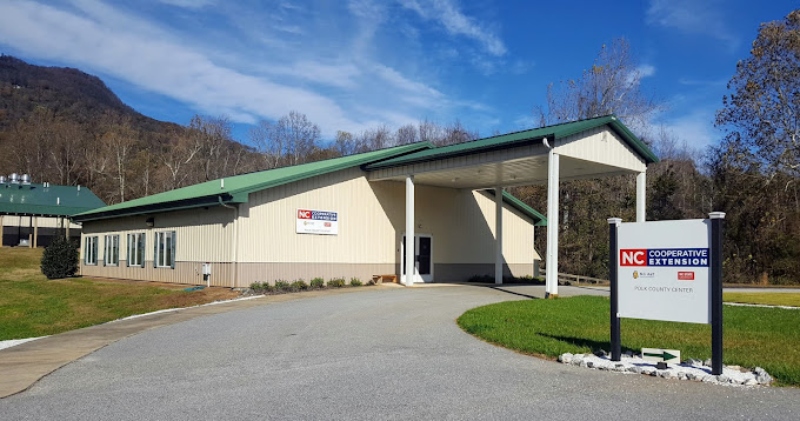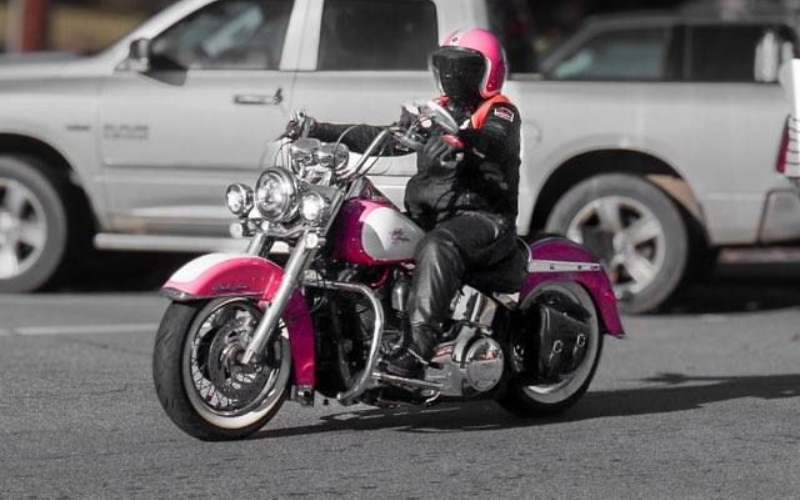Chauncey Barber, PCHS ag teacher, on creating America’s future farmers
Published 10:00 pm Friday, February 3, 2017
COLUMBUS – Polk County High School agriculture teacher Chauncey Barber is known for keeping the high school’s farm cultivated and his students growing with knowledge of what he calls the “number one industry in America.”
Barber has been teaching since 1999 and took over in 2001 at PCHS as agriculture teacher after Richard Smith. Born and raised in Polk County in the Fox Mountain Road area, Barber said he got into teaching agriculture because he has been around it all his life.
Trending
Today, Barber lives with his wife Monica, a guidance counselor at Sunny View Elementary School, and their two sons Chan and Banks. Barber said he likes passing on his farming skills to his boys.
“I grew up on a dairy farm and now have a farm in Sunny View where my boys and I raise cattle and sell ‘Barber Boys’ packaged beef,” Barber explained. “It’s a great community with open arms and everyone is a neighbor. I didn’t know what I wanted to do and I was hesitant about getting into teaching but I’m happy now and I like how the agriculture industry is always changing.”
A Clemson graduate, Barber got his bachelor of science degree in agriculture education with a minor in environmental science and agronomy. Barber then went on to get his master’s degree in soil science and agronomy. Agronomy, Barber said, is the science of managing soil and producing crops.
“Agriculture stands as the backbone of America and the reason why we’re a world power is because we can control our food,” Barber said. “There’s nothing like seeing plants and animals mature. It’s a diverse field, and there’s something for everyone here.”
After college, Barber said he got his first job in the field working for John Deere in Atlanta. Barber said he remembers when he put the first Global Positioning Satellite (GPS) systems into the tractors.

Students in Chauncey Barber’s Horticulture 1 class learned how to prune crepe myrtles at the front of the high school during class on Wednesday, Feb. 1 after being introduced to the basics of horticulture. (Photo by Michael O’Hearn)
“These systems could tell you exactly how much corn was yielded from any specific spot on the farm,” Barber said. “There’s no telling how my dad would have reacted to that kind of technology. I can remember how he felt when he had to start using a remote for the TV. You have to be able to stay up to date with technology in this field.”
Trending
As a teacher, Barber said he doesn’t teach his students expecting them to enter the agriculture and farming industry. Instead, he wants his students to be “diverse and well-rounded.”
“I want my students to be diverse, well-rounded and informed citizens where they might see something on TV about the agriculture industry and know what’s going on because they were taught in class,” Barber said. “Agriculture is all about doing the right things for people and this community has been so supportive of us. Other schools will come in to look at our program and they think we are rich because we have our own farm, but it’s because of the community.”
Barber teaches horticulture in the spring, where he said his students learn about plants and growing vegetables in the greenhouse on campus.
Pruning the crepe myrtles on campus is part of what Barber said his students do to learn how to landscape. The students are also asked to memorize the five paragraphs of the Future Farmers of America (FFA) creed within the first five days of class.
“Learning the creed is a confidence builder,” Barber said. “The students do the first paragraph at their desk, but then the other four are done in front of class. The FFA teaches students leadership and communication skills.”

Barber gathers his class in front of the high school to demonstrate pruning techniques. (Photo by Michael O’Hearn)
In addition to landscaping, Barber said he and the FFA go to Oklahoma each year for the National Land Judging competition, where students learn about the topography of land and characteristics of the land ranging from soil to uses of the land for farming and urban settings.
According to Barber, the FFA has about 190 active members. Members have to take an agriculture education course during their high school career. Barber’s students will have their annual FFA cookout during lunch on Feb. 10 and National FFA week is the week of Feb. 20.
“The kids will learn what land is used for, both agriculturally and in urban settings for homebuilding, the characteristics of different kinds of soil and rules of the land, like you can’t do certain things too close to a creek,” Barber said.
Each year, the FFA holds their annual camp at White Lake, N.C., where Barber said students spend a week playing sports and learning leadership skills. Barber said each school at the camp gains points for things like having good manners, participating in the camp’s talent show and keeping the cabins clean.
“A lot of organizations have one set thing, but the FFA has diversity and there’s something for everyone, regardless of whether you’re the shy kid or the athlete,” Barber said. “Agriculture is global and something people don’t realize is that there are many opportunities in this field.”






